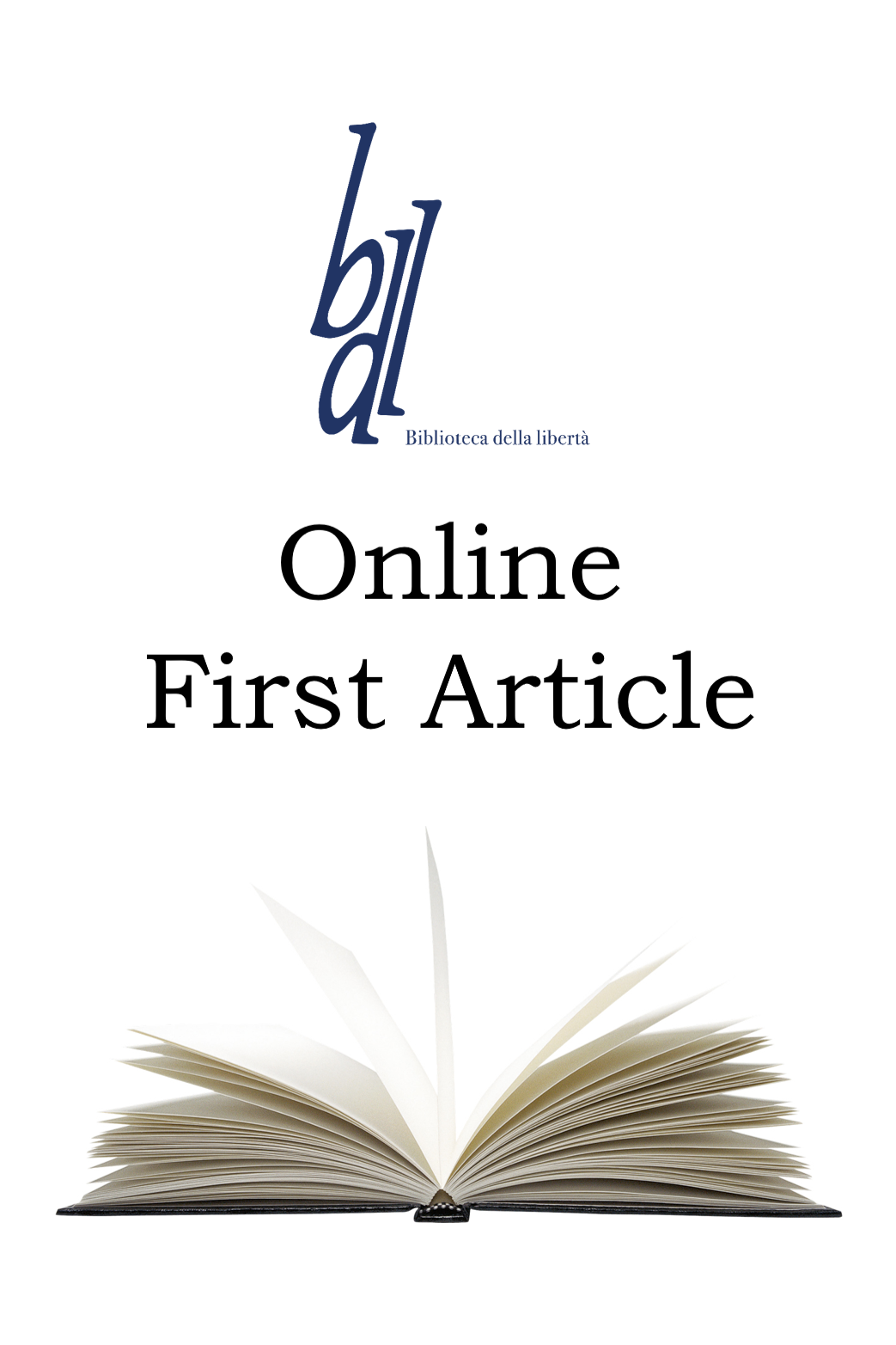- Ricerche e Progetti
- Biblioteca della Libertà
- Pubblicazioni e Working Paper
- Articoli e media
- Eventi e notizie
All issues
Vulnerability and Agency: the Case of Ageing
Anno LV, n. 229, settembre-dicembre 2020
- Categoria/Category
- Anno LV, n. 229, settembre-dicembre 2020
- Autore/Author
- Beatrice Magni
- Editore/Publisher
- Centro Einaudi
- DOI
- 10.23827/BDL_2020_3_8
- Luogo/City
- Torino
- Articolo completo/Full text
- 08-BDL229_Magni.pdf
Abstract
A common understanding of vulnerability is generally assumed in our everyday discussions of ethical problems as well as in philosophical dealings with questions of ethical and political relevance (Straehle 2016). Insofar as vulnerability is presumed to be a pervasive feature of the human condition, it underlies our notions of harm and well-being, interests and rights, equality and inequality. Simply put, it is only because one is vulnerable that one can be harmed (or benefited). Yet, given its status as an inevitable condition of human existence, the aim of this paper is, firstly, to provide an overview and analysis of the concept of vulnerability. The second part of the paper will identify some normative proposals to replace the conventional conceptions of vulnerability, with special attention to the relationship between vulnerability and agency (Harrosh 2012; Martin et al. 2014; Sangiovanni 2017; Giolo 2018), and the relational dimension of vulnerability (Mackenzie 2014). Recognizing that those persons considered to be most vulnerable, such as the elderly, can also exercise agency, might eventually suggest that we can defend a new, unconventional and more normative use of vulnerability itself.







